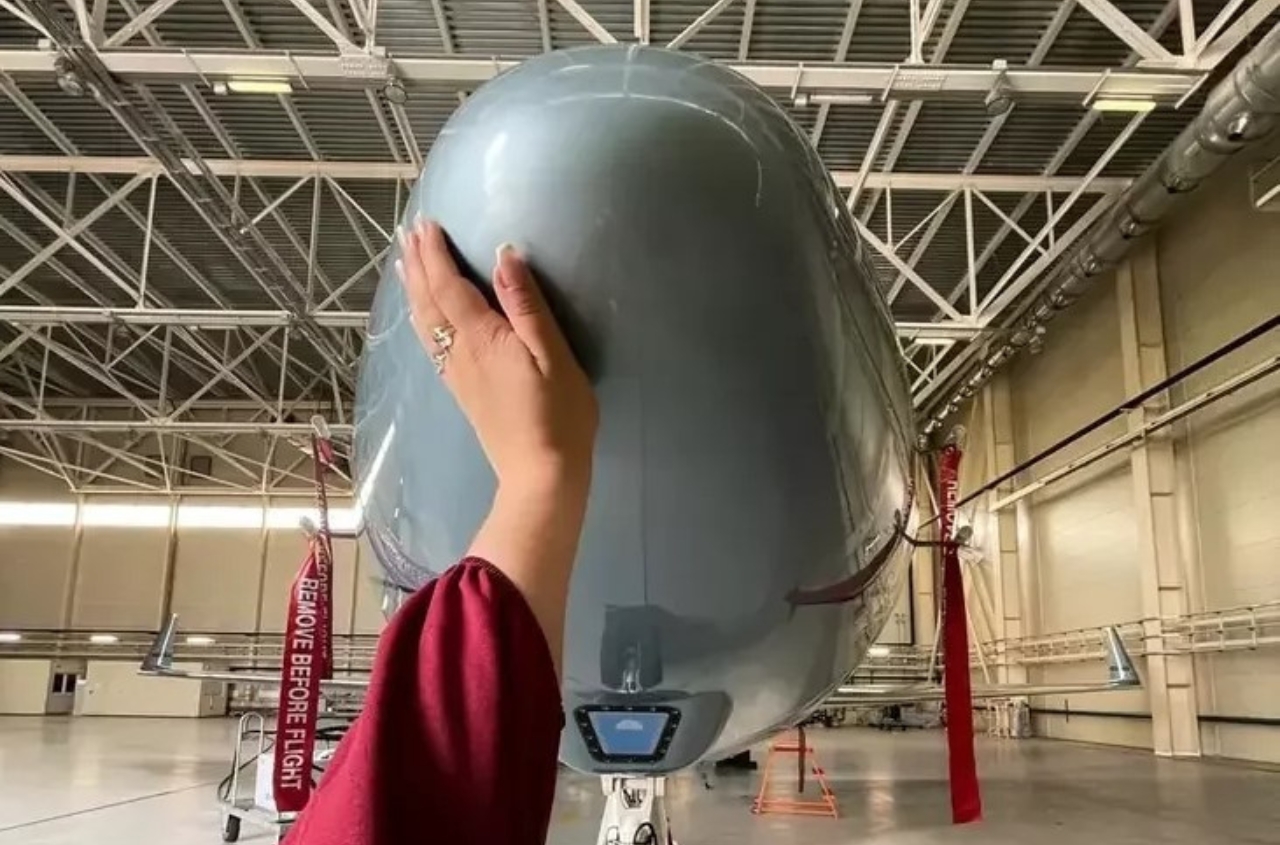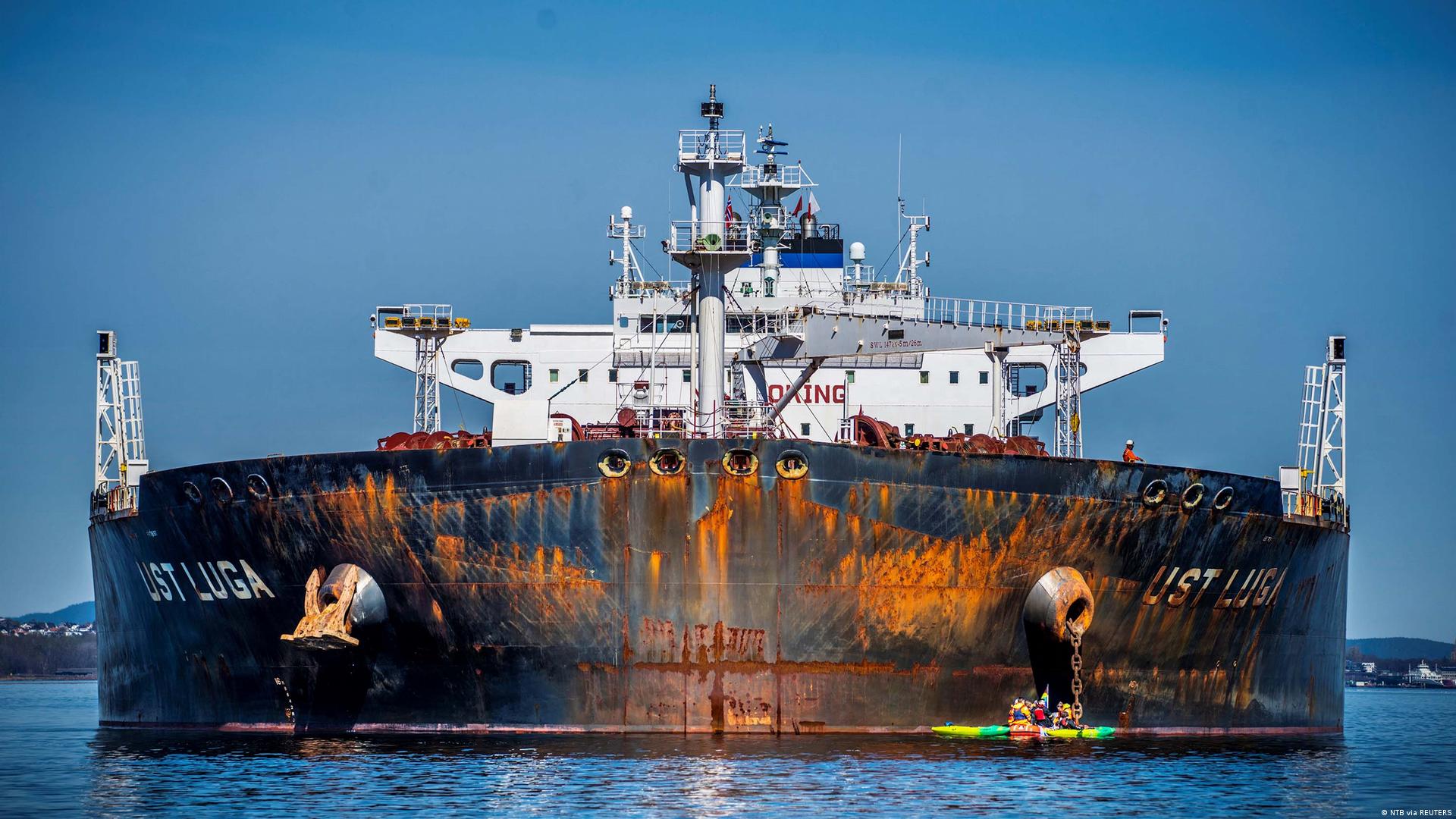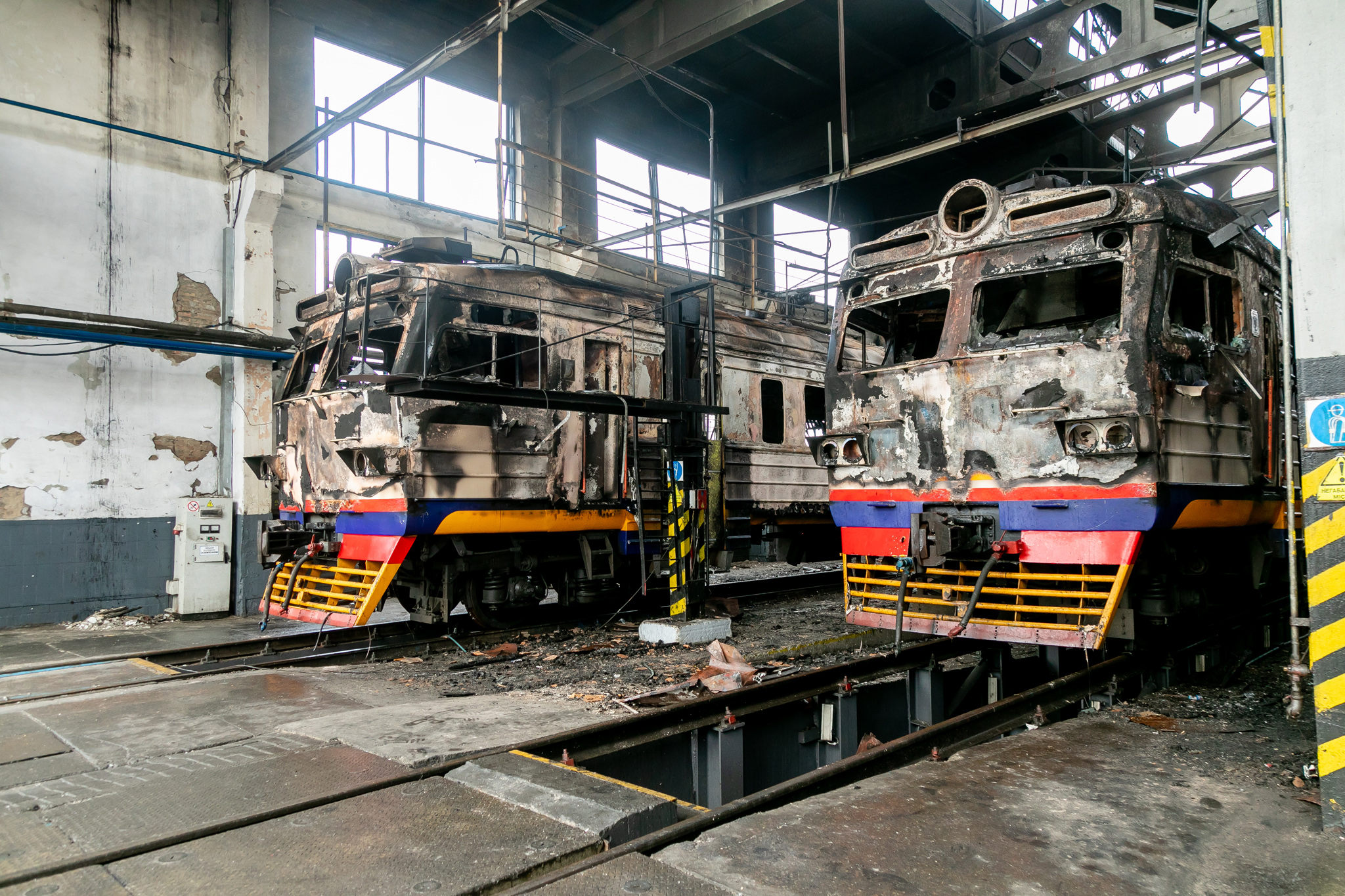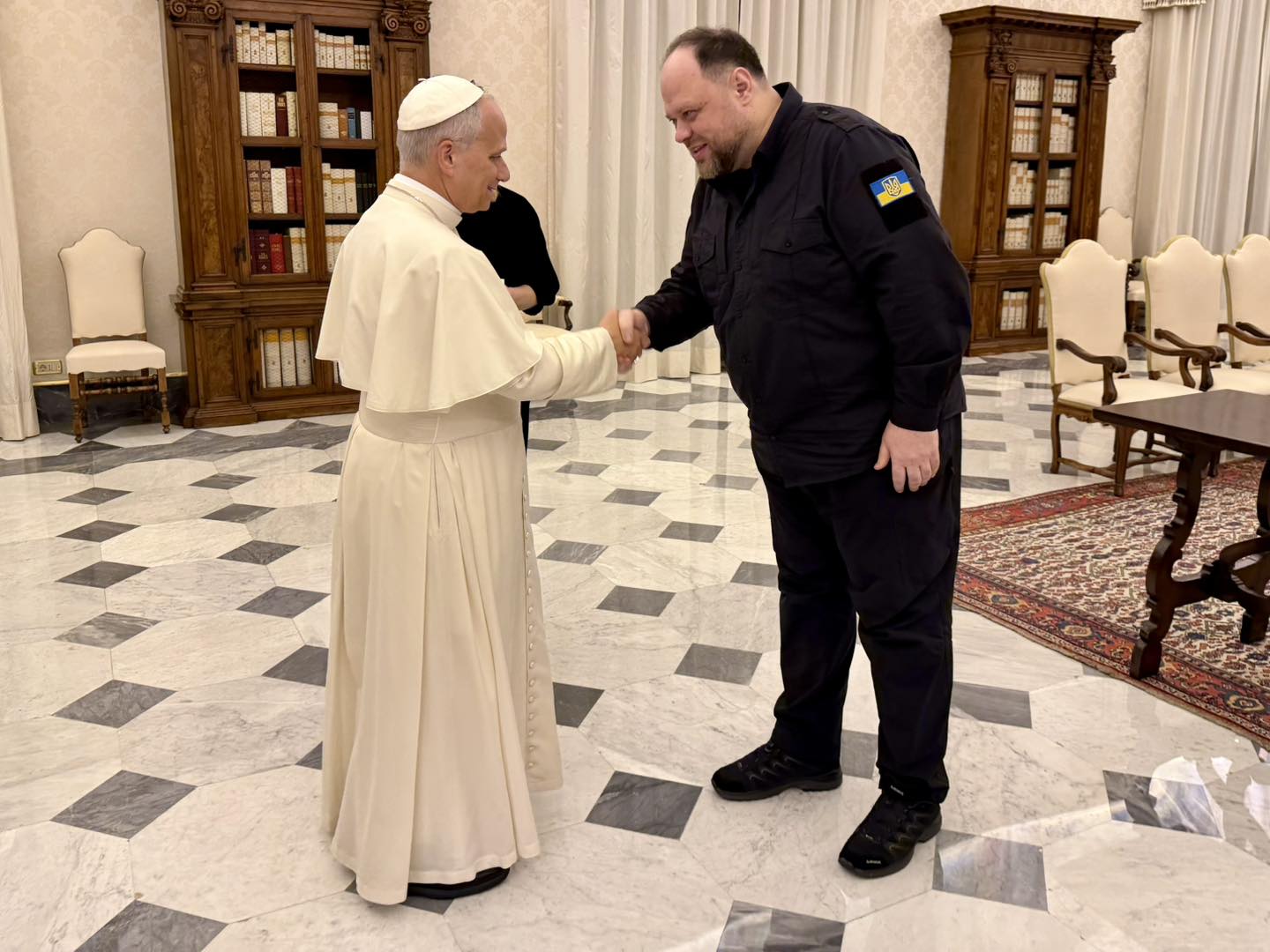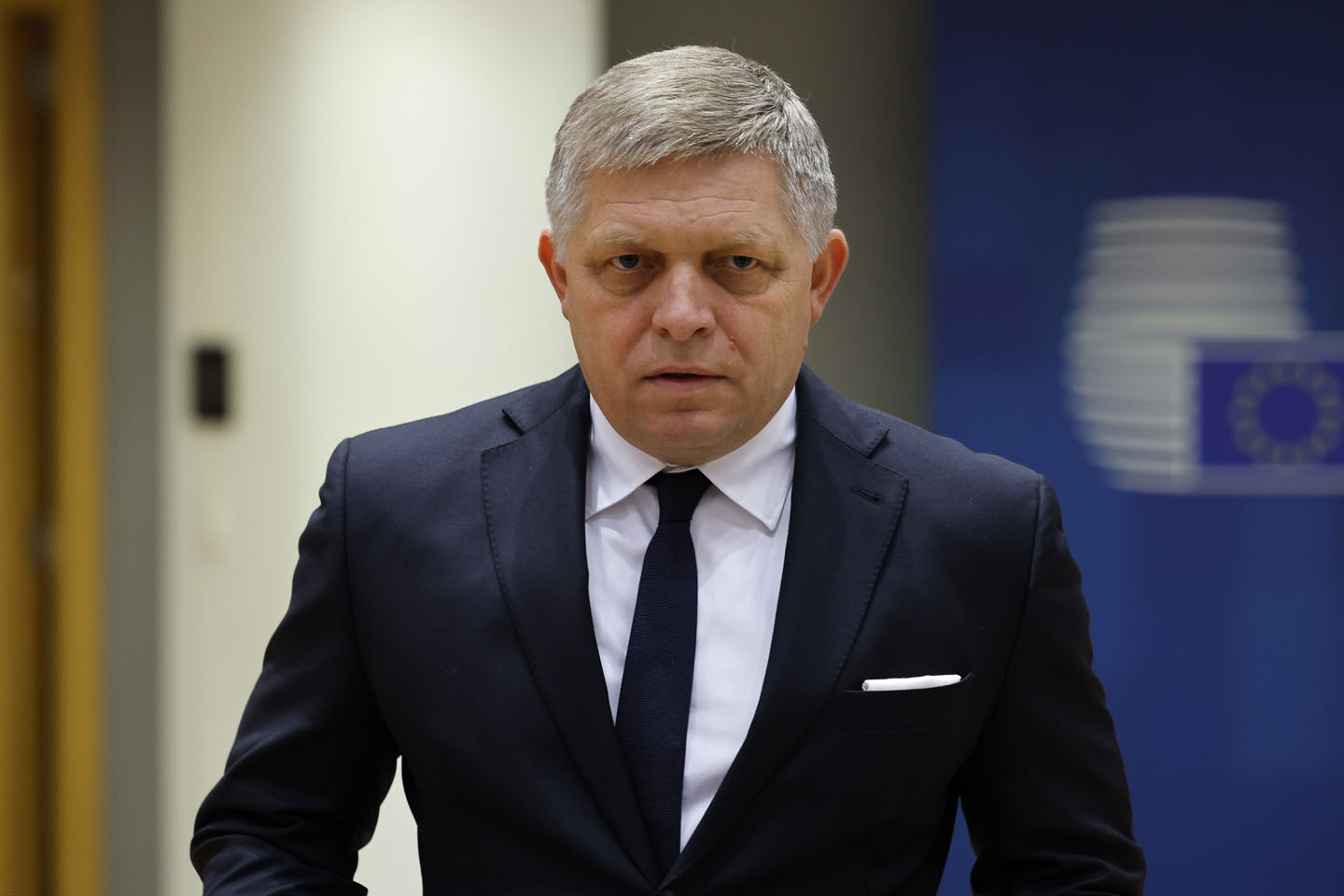Russia's invasion of Ukraine has led to significant changes in global politics, economy, and security. The consequences of this move have affected the balance of power in the world, intensified the confrontation between the West and Moscow, and strengthened international alliances, stated experts from the Robert Lansing Institute.
One of the main consequences has been the expansion and strengthening of NATO. Finland and Sweden, which had previously maintained neutrality, joined the alliance due to fears of Russian aggression. European countries, including Germany and Poland, increased military budgets, and the U.S. reinforced its military presence in Eastern Europe, particularly in the Baltic States and Poland.
Russia found itself in a state of severe international isolation. Sanctions limited access to Western technologies, financial markets, and supplies of strategically important goods. Moscow was forced to seek economic support from China, India, and African countries, but these relationships remain unequal.
Furthermore, the loss of energy leverage in Europe led to the EU's reorientation towards alternative energy sources and other suppliers.
In the Middle East and Africa, Russia's influence has also weakened. Moscow has intensified cooperation with Iran, purchasing drones, artillery, and missiles from them, but faced challenges with the operations of the "Wagner PMC" after the death of Yevgeny Prigozhin.
Western countries and China began to compete with Russia for influence in African states, while some of Moscow's traditional partners, such as Saudi Arabia and the UAE, began to use the situation to conclude more favorable deals.
The economic consequences of the war have been felt not only by Russia but by the whole world. Sanctions weakened the Russian financial sector, and the war triggered increases in energy prices and inflation. Russia had to resort to shadow schemes for oil exports, including the use of an illegal tanker fleet.
China has taken a special position, strengthening its influence by purchasing Russian oil and gas at discounted prices and positioning itself as a potential peacemaker. At the same time, the world's attention to the war in Ukraine has affected the situation around Taiwan: Western countries are analyzing the response to Moscow's actions, drawing parallels with potential steps by Beijing.
Amid these changes, the EU and the U.S. have strengthened ties, coordinating sanctions policy and military assistance to Ukraine. Russia, in turn, is trying to expand BRICS, promoting alternative formats of international cooperation to counter the West.
Moscow’s weakening position has also affected the post-Soviet space. Former allies, such as Kazakhstan and Armenia, have started distancing themselves from Russia, strengthening ties with China, Turkey, and the West. At the same time, inside Russia, economic difficulties and political instability are growing, raising discussions about possible internal crises.
In the military sphere, Ukraine is actively using drones and advanced Western technologies, which is changing the nature of modern armed conflicts. Russia, on the other hand, is suffering significant losses in personnel and equipment, weakening its capabilities in conventional warfare.
The invasion of Ukraine has led to profound changes in the global system, strengthening Western alliances and enhancing China’s role as a key player. The further development of the situation will depend on the outcome of the war and how well Russia can adapt to the new geopolitical realities.















